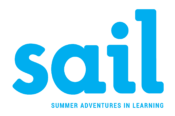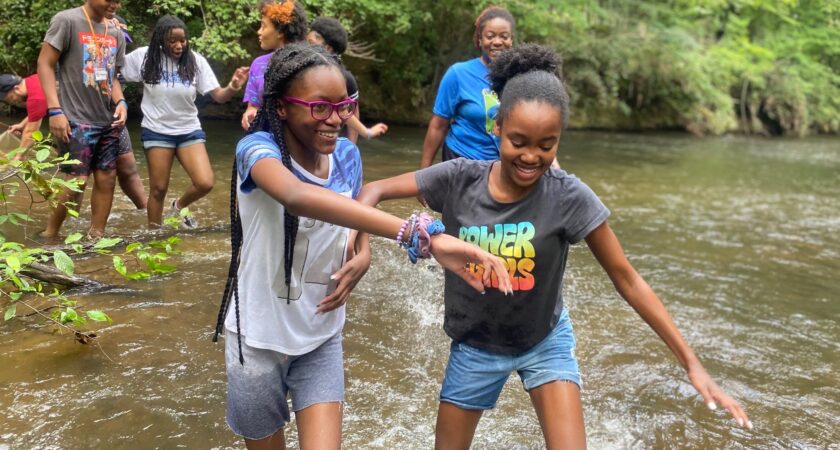BIRMINGHAM, Ala.— Students enrolled in SAIL community-based summer learning programs made significant leaps in reading and math this summer. On average, SAIL students gained 4.4 months in math and 2.8 months in reading. Both totals were record highs for academic growth in the program’s 10-year history.
Summer Adventures in Learning (SAIL) was founded in Birmingham in 2012 to build support for rigorous summer learning across the state. It helps educational groups, faith-based foundations, and other community organizations conduct high-quality summer learning programs and fosters a culture of collaboration among providers. SAIL facilitates assessments, peer learning, and funding opportunities to ensure that high-quality summer learning programs thrive in Alabama.
In the summer of 2022, more than 1,600 students participated in SAIL-supported summer learning programs. Eighty-six percent of students who enrolled completed the full program, and the programs reported an average daily attendance of 85 percent.
Over the last ten years, more than 17,500 students have enrolled in SAIL-supported programs.
“This is SAIL’s 10th summer partnering with summer learning programs across the state,” said Jim Wooten, president of SAIL’s Board of Directors. “Our programs have consistently improved over that decade. Each has embraced our collective approach to continuous learning and peer development. Their buy-in has led to higher academic gains year after year. This summer is no exception.”
This summer, SAIL programs provided more than $750,000 to 33 independent community-based summer learning programs in 10 Alabama counties, including the Birmingham, Black Belt, and Tuscaloosa areas. Grantees used the funds to offer comprehensive reading and math instruction combined with athletic and other camp-specific activities based on their students’ interests.
SAIL programs incorporate best practices from summer camp and school to maximize student engagement and learning opportunities. SAIL does not require its programs to follow a specific curriculum. This flexibility allows each site to design a summer learning program that meets students where they are academically, is tailored to the child’s interests, and addresses the needs of the whole child. On average, SAIL students received 38 hours in reading and 38 hours in math instruction this summer.
“It is no secret that two years of school disruptions have caused too many students to fall behind in reading and math, and Alabama was already lagging behind our neighboring states,” said Wooten. “Our approach to summer learning works because our programs can adapt to community-specific needs and complement what schools in our area are already doing to improve academic outcomes.”
To view a list of programs receiving SAIL funding in Birmingham: https://sailalabama.org/birmingham/.
To view a list of programs receiving SAIL funding in Blackbelt: https://sailalabama.org/blackbelt/.
For Immediate Release:
October 12, 2022
Contact: Adam Muhlendorf, Longleaf Strategies, adam@longleafstrategies.com; (334) 625-0175

